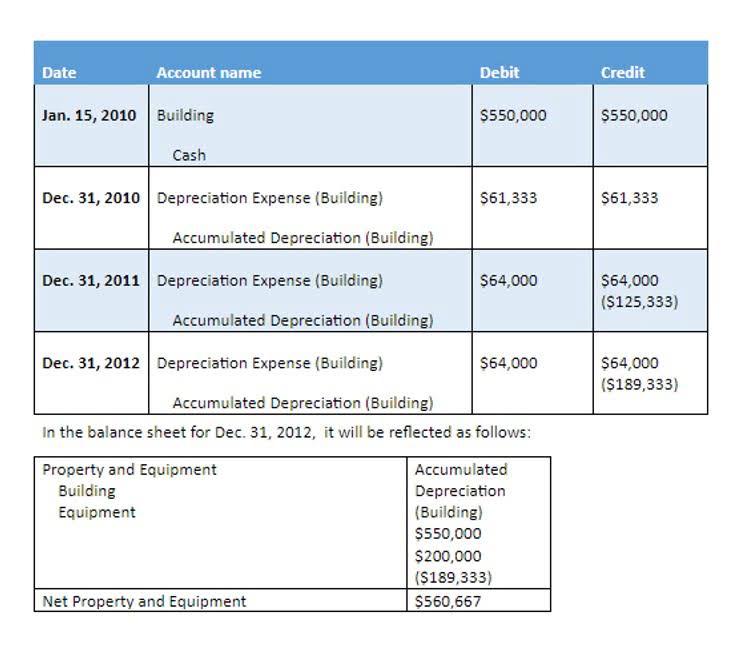
By mastering these practices, construction companies can gain better control of their financial performance and reduce inefficiencies in managing costs. Construction management software is a specialized digital solution designed to streamline and optimize the various aspects of managing construction projects. These platforms provide a comprehensive suite of tools that support project planning, execution, and financial management, catering specifically to the needs of the construction industry. While G&A costs are not directly tied to specific jobs, they must still be accounted for within the overall financial management of the business. These costs are typically spread across all projects or allocated proportionally based on certain metrics such as revenue or labor hours. Properly managing and allocating G&A costs ensures that they do not disproportionately affect the profitability of individual projects.
Master Zoho Books Accounting Like A Pro: The Expert Guide
This includes everything from materials and equipment to subcontractor payments and travel expenses. Accurately tracking these expenses is essential for maintaining a healthy bottom line. Progress billing is one of the most widely used methods in construction, particularly for long-term projects. It allows contractors to bill clients incrementally based on the percentage of work completed during a specific period. This method is closely tied to the project’s timeline and milestones, providing a steady cash flow throughout the project’s duration. Not only will this help you prepare for tax time, but it provides an accurate accounting of profitability for each contract.
Construction Bookkeeping: Build a Solid Financial Foundation for Your Projects

Understanding these methods is essential for effective financial planning and operational success in the construction industry. Invest in specialized construction accounting software to streamline processes, automate payroll, improve accuracy, and save time. These tools often include features for job costing, financial statements, progress billing, and WIP reporting. It involves tracking the cost of labor, materials, and other expenses to ensure that projects run as efficiently and cost-effectively as possible.
- To create accurate financial statements, construction companies need to maintain detailed records of their financial transactions.
- Make sure to take advantage of these free trials when you’re shopping for your next bookkeeping solution.
- Financial statements are a summary of a company’s financial transactions and include the balance sheet, income statement, and cash flow statement.
- For contractors, having robust bookkeeping practices helps maintain profitability and control over each project.
- This core performance indicator helps track the progress of each job in relation to billing.
- This may include service work, design services, consulting, engineering, sourcing materials, and more.
Best Software for Construction Bookkeeping
Retainage is a common practice in the construction industry where a percentage of the contract amount is withheld until the project is completed. This approach protects clients but can negatively affect cash flow for contractors. Properly accounting for retainage is essential for accurate financial reporting and effective cash flow management. The cash method of accounting for contractors is a system that records all cash transactions when they occur. This method is often used in construction accounting because it allows contractors to accurately track their cash flow and the progress of their projects.

What makes bookkeeping for construction companies different?

Not only is it used for tracking each job, but it allows you to analyze how expenses are affecting the firm as a whole. In summary, financial reporting and analysis are critical for construction companies to understand their financial position and make informed decisions. By creating accurate financial statements, managing cash flow effectively, and budgeting and forecasting, construction companies can achieve financial success and grow their business. This guide covers key aspects of construction bookkeeping, including the role of a construction bookkeeper, recording expenses, and industry-specific accounting methods.

Percentage of completion method

Using milestone payments also makes it easier to identify payment problems, which, in turn, enables you to stop working until you receive payment for a milestone. Keeping all your company’s money in a single bank account makes it harder to understand how you’re doing financially because all the money in the bank account might not necessarily be yours. Note down all the information from your receipts and invoices in case you ever need it. According to the Construction Financial Management Association, pre-tax net profits average between just 1.4% and 3.5% for contractors and subcontractors. assets = liabilities + equity Project costs vary according to the weather and season in which work is due to take place, as do the cost of materials and strain on workers and equipment.
However, with the help of specialists, technology, and basic knowledge, companies can make the most out of it. Hire a construction business accounting and bookkeeping service provider today to free yourself from the dreaded number work. Using job costing, you can track the costs of every individual project without any hassle. In a long-term project, it serves the purpose of tracking the averages and increases in prices. However, note that the FASB updated this principle to clarify how contractors should report information from their customer contracts. Topic 606 is an accounting standard update (ASU) that requires public companies to disclose Bookstime information related to their revenue recognition practices.
Construction Billing and Methods
Projects like government-funded projects require you to pay a prevailing wage, a minimum hourly rate that’s typically higher and determined by each state’s Department of Labor. Paying any lower than construction bookkeeping services what’s legally mandated can result in penalties—and even jail time. While bookkeeping in the construction industry can be challenging due to its many considerations, it’s an essential part of successfully running a construction firm. By addressing these challenges proactively, construction companies can streamline their bookkeeping processes and focus more on delivering successful projects. Expensify is a software solution designed to help businesses track, organize, and categorize receipts and expenses. You can sync it with your bank account to import expenses automatically or simply take a photo of a receipt to import it into your account.

